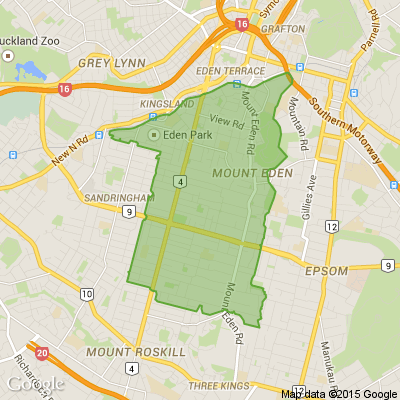Neighbourhood Challenge: Who Can Crack This One? ⛓️💥❔
What has a head but no brain?
Do you think you know the answer? Simply 'Like' this post if you know the answer and the big reveal will be posted in the comments at 2pm on the day!
Want to stop seeing these in your newsfeed?
Head here and hover on the Following button on the top right of the page (and it will show Unfollow) and then click it. If it is giving you the option to Follow, then you've successfully unfollowed the Riddles page.

Panasonic TV leaving NZ from 1st April 2026
❤️ Celebrating Panasonic TVs
For so many Kiwi homes, Panasonic wasn’t just a TV brand — it was a trusted part of the lounge. From the legendary plasma days to their beautiful OLEDs, Panasonic always delivered picture quality that just felt right.
Cinematic colour, rock‑solid reliability, and that classic Panasonic build quality… it’s no wonder so many of us still swear by them.
Even as Panasonic steps back from the NZ TV market, their legacy lives on in thousands of homes across the country. Those TVs will keep going strong for years — because that’s what Panasonic does best.
Here’s to a brand that set the standard for what a great TV should be. ❤️📺
Poll: 🗑️ Would you be keen to switch to a fortnightly rubbish collection, or do you prefer things as they are?
Aucklanders, our weekly rubbish collections are staying after councillors voted to scrap a proposed trial of fortnightly pick-ups.
We want to hear from you: would you be keen to switch to a fortnightly rubbish collection, or do you prefer things as they are?
Keen for the details? Read up about the scrapped collection trial here.

-
83.9% Same!
-
16.1% Would have liked to try something different






 Loading…
Loading…




